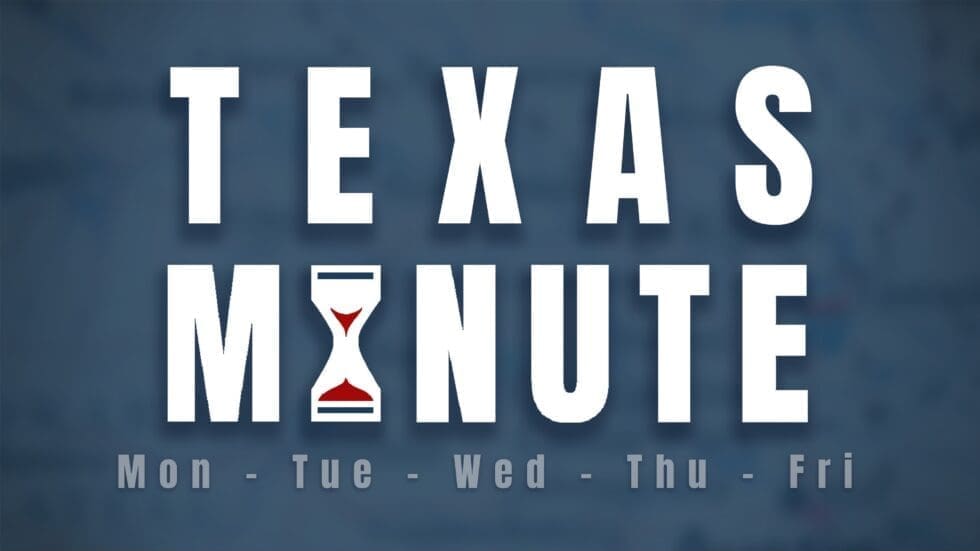It’s not like I haven’t seen this kind of ad before, but the one I saw yesterday inspired a mixture of disgust and sadness.
Over breakfast, I was browsing the news when my screen was partially filled with the headline, “Don’t Waste Memorial Day: Get A New Car At The Lowest Prices EVER!” The text was emblazoned over an American flag caught in mid-wave. The ad continued that it was “patriotic” to use the day off to go on a “savings spree.”
I approve of sales and savings as much as the next guy, but…
For most of us, Memorial Day is a long weekend marking the unofficial start of summer. The 1968 law setting Memorial Day as the last Monday of May was explicitly set there for commercial and industrial convenience. It is marked by BBQs, quick trips to a lake or beach, and sales.
Intellectually, of course, we know that Memorial Day should be more, but most of us don’t think too much about it.
It is a philosophical notion, remembering—memorializing—those who have “fallen” in service of our nation. That euphemism protects us from a harsh reality into which none of us likes to stare too long.
This unofficial start of summer is the start of the first (or, yet another) summer in which a son or daughter, spouse, parent, or best friend is not coming home. Sure, we might have paused momentarily when we heard the news that a helicopter went down on a “training exercise.” We get angry (or sad) when a headline tells us that an enlisted Marine, a young airman, or a mid-career Army officer were among those killed in an action off somewhere. “Where is that?” we might even have asked.
Usually, news is delivered in a story meant to either encourage or discourage support for that particular action or policy. The emotion evaporates like morning mist as soon as the next outrage story appears.
We gloss as quickly as possible past what it means for those families. We prefer not to dwell on their grief. We just move on. Those deaths are shrugged off intellectually and impersonally as an unfortunate cost of living in a dangerous world.
That is probably appropriate. It allows us not to dwell on the uncomfortable decisions we have made (or ignored) that placed those men and women in harm’s way. It is a dangerous world.
In a nation of 333 million, we cannot all know or be expected to mourn personally for each individual who has died in military service. When a family is presented with a folded American flag, it is done on behalf of a “grateful nation” as a “symbol of our appreciation.” Those flags cost about $100.
Whatever “deal” that car company was offering in the ad does not come close to that which we have received from our nation’s honored dead. Considering that the average American lives 76 years, or close to 28,000 days, Memorial Days consist of 0.3 percent of a lifespan lived in liberty under the Stars and Stripes.
As we go about this government-sanctioned day of rest and relaxation to begin summer, let us at least momentarily pause to be truly grateful for those Marines, soldiers, guardsmen, airmen, and sailors who died in our service. It is good to remember that we remain the land of the free because of their bravery. And, because of their sacrifice.





